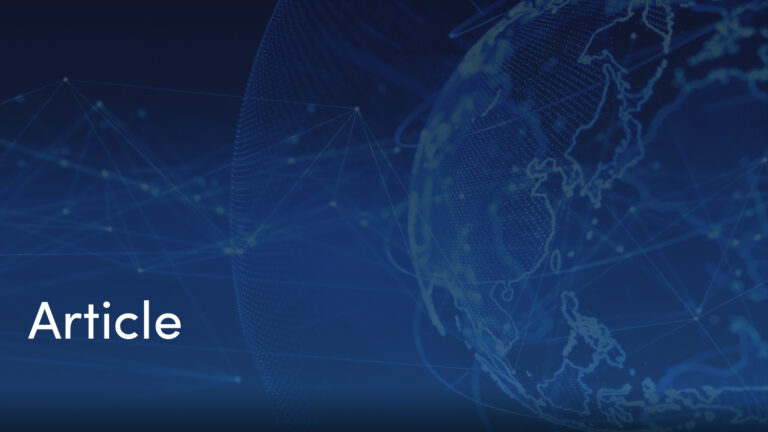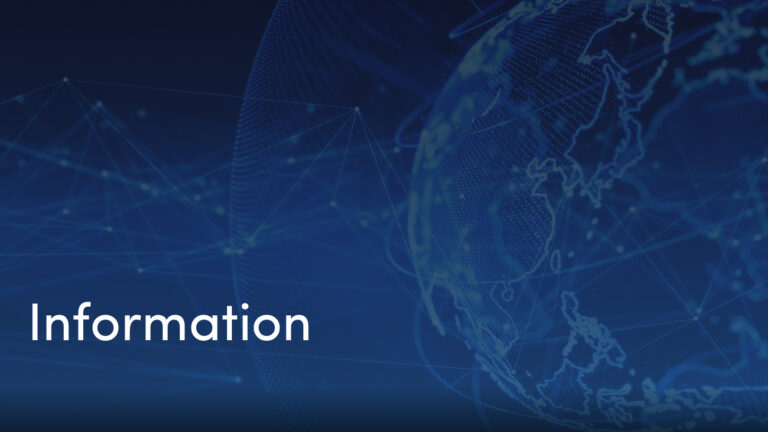Artificial Intelligence as an inventor
Published by Guerra IP

On October 25, 2022, Carlos Parra, representative of the Olarte office in Asia, hosted a live entitled: “The artificial inventor, innovation, and the patent law”.
The central issue was what happens if an artificial intelligence (AI) invents something? Can the invention created by an AI be protected by a patent? Does it matter if the inventor is not a natural person?
In a world where artifical intelligence is beginning to invent and gaining importance, countries have reacted to these questions in a different manner. In this conference, moderated by Carlos Parra, our Partner and Head of the Asia Office, experts on these topics discuss how AI Inventions and patents have been approached by the US, Japan and South Africa. This is a very relevant debate that will surely only get more important as we advance into the future.
And what was discussed, considering the US, Japan and South Africa was a different reaction in each jurisdiction. Months after this live, watching the WEBINAR “Artificial Intelligence: A Comparative Perspective Brazil – Europe – USA”, we continue with the same lack of definition regarding the consequences in each jurisdiction. However, with a tendency that “individual” is a natural person.
In the 1950s, AI was already being talked about and the definition of what AI is has evolved since then. We can understand AI as the ability of a machine to reproduce human-like skills, such as learning, planning, logical reasoning and even creativity.
In order to exemplify the understandings regarding patent protection related to creations arising from an AI, we will use as an example the international patent application PCT/IB2019/057809 filed on 09/17/2019 by Stephen L. THALER, where the inventor is DABUS, with a priority claim in two applications submitted to the European Patent Office.
DABUS (Device for the Autonomous Bootstrapping of Unified Sentience) is an AI system, developed by Thaler in 1994, which aims to replicate human cognition, that is, reproduce the human capacity to process information and transform it into knowledge, based on in a set of skills such as perception, attention, association, imagination, judgement, reasoning and memory. DABUS is known as “The Creativity Machine”.
It so happens that Stephen L. THALER have nationalized his international patent application in Japan, Canada, United Kingdom, New Zealand, Singapore, Saudi Arabia, Republic of Korea, South Africa, USA, Australia and Brazil.
This patent application generated and is generating a lot of controversy regarding some decisions and the concept of who becomes the inventor.
The European Patent Office acknowledged that the law does not prevent the owner of a machine that has generated a patentable invention from naming himself as an inventor, provided this situation is clarified (Good faith principle). Thus, a divided application was filed in which an amendment was made in order to declare the AI creator as the inventor: “Stephen L. Thaler, by being the owner of the AI system (DABUS) that created the invention disclosed in the application”. This divided application has yet to be analysed. In Germany, it was decided that, for the application to be accepted, at least one inventor must be human, that is, DABUS will be accepted as an inventor as long as a second human inventor is indicated (which would probably be the creator of DABUS). This decision was an option that admits the possibility of having, as inventor or co-inventor, an AI.
In Japan, the application was not accepted. According to Yunjin Choi (Lawyer at SHIGA INTERNATIONAL PATENT OFFICE), who presented the live “The artificial inventor, innovation, and the patent law”, in Japan the understanding that an inventor is limited to a natural person remains rigid.
In Australia, it was considered that only a natural person can be considered an inventor and that this natural person must be clearly identified at the time of filing the patent application, and, for this reason, the application presented by Thaler was rejected.
In the UK, the application was rejected based on fact that naming a machine – or AI – as an inventor does not meet the requirements of the Patents Act 1977.
In the United States, the application was refused, since it was considered that only natural persons can be named as inventors in a patent application.
In New Zealand, it was decided that the application was void, considering the fact that no inventor, natural person – was identified in the patent applications (by local law the inventor must be a natural person).
In South Africa, the patent application was accepted and the respective patent was granted in July 2021. In South Africa there is no substantive examination of patentability requirements, there is only a formal examination of filling in information, but in this formal examination the AI was identified as the inventor and accepts this condition. As presented in the live “The artificial inventor, innovation, and the patent law”, by lawyer Anthony van Zantwijk (Patent Attorney, Sibanda & Zantwijk Patent Attorneys), the understanding of accepting AI as an inventor was due to Roman Law where there was a comparison of AI with a slave in Roman times: a slave was capable of creating and could not own property (…”Slaves are in the power of their masters… everything that is acquired by the slave is acquired for the master ”…).
In Brazil, the withdrawal of the national phase of this patent application was published: “Application withdrawn from the Brazilian national phase, based on the understanding expressed by the Specialized Attorney of the INPI (Opinion No. 00024/2022/CGPI/PFE-INPI/PGF/AGU ), in the sense of the impossibility of indicating or naming an artificial intelligence as an inventor in a patent application filed in Brazil, in view of the provisions of Art. 6 of Law No. 9.279/96 and the provisions of the Paris Union Convention (CUP) and the TRIPS Agreement.” The applicant has filed an appeal against this decision and is under review.
By processing the requests in the territories mentioned above, we can see the tendency to understand that the declared inventor must be a natural person and that, therefore, we cannot have patents where the declared inventor is an AI, even when the development of the invention is carried out by an AI.
Even if AI simulates human thinking and is capable of “creating”, attributing to an AI the status of creator of an invention is a very controversial subject. AI has numerous “advantages” that we can and should benefit from, however, it does not “think”. The AI learns from patterns, based on information which was fed by people and this learning is capable of making this AI make decisions with a certain autonomy (algorithm). Both TRIPS and the CUP speak of the inventor of a patent as someone who has legal personality and capabilities, which are exclusive characteristics of natural persons and legal persons, the latter being considered as a combination of several natural (human) persons.
As a result, under current rules and laws, AI cannot be considered the inventor of an industrial creation and cannot be indicated as such (inventor) of a patent application.
We will certainly have many discussions on this subject and considering the advancement of this technology and its correct use, we may have different understandings in the near future.
For those interested, the LIVE and WEBINAR links mentioned in this article are below:
https://www.youtube.com/watch?v=TlYpuoo0kIQ
https://www.youtube.com/watch?v=xkr7_afZ31M
Gabriele Sarmento

